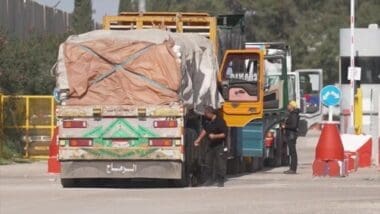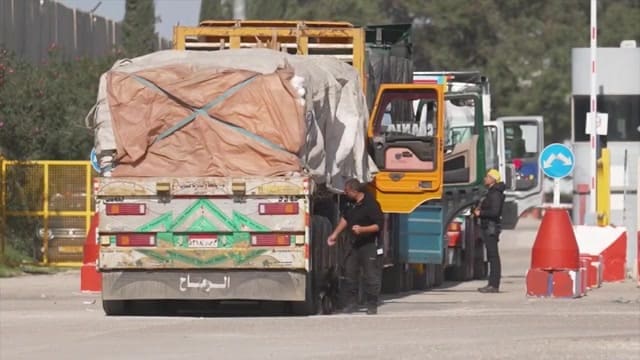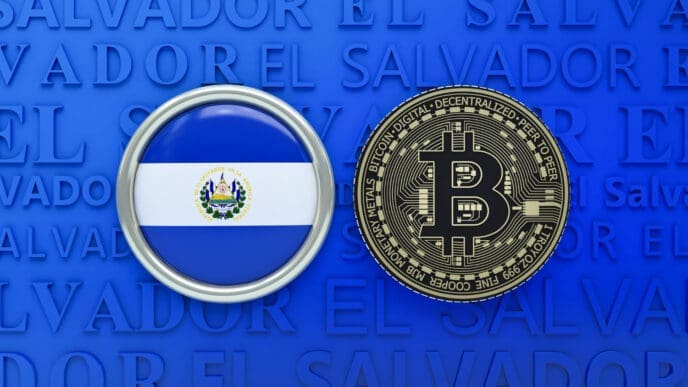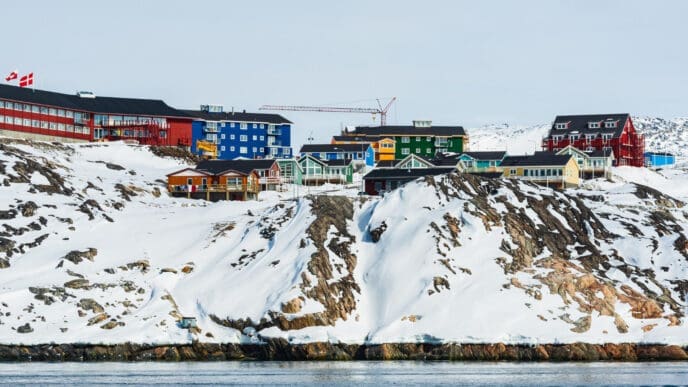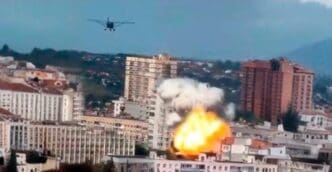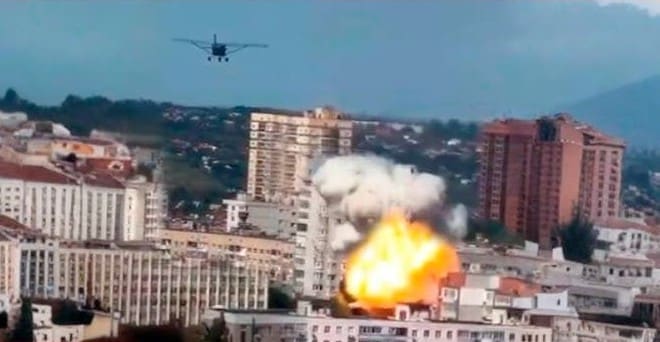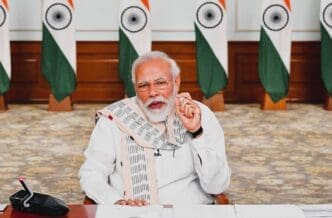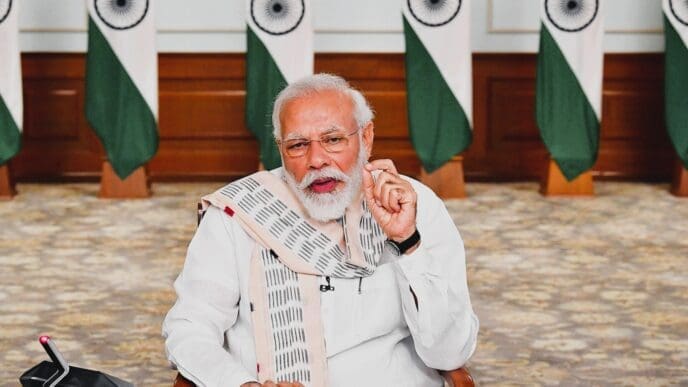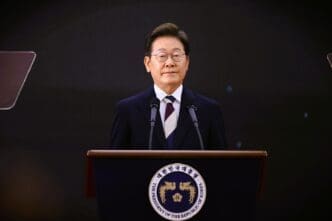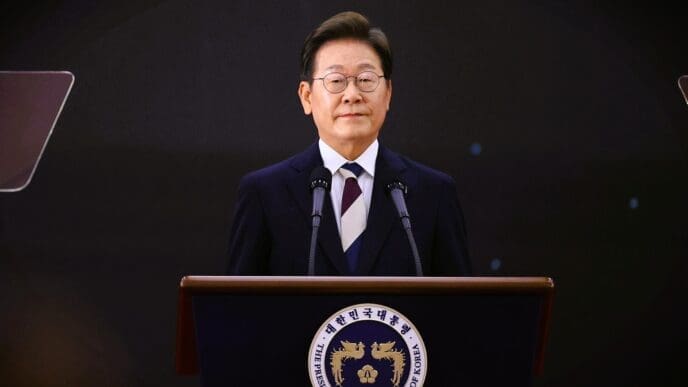In a significant development, the United Nations agency responsible for Palestinian refugees has ceased aid deliveries into Gaza. This decision follows escalating threats of looting by armed gangs, largely attributed to the ongoing conflict and policies instigated by Israel.
The suspension of aid shipments by the U.N. marks a turning point in the humanitarian crisis in Gaza. The decision was driven by the increasing risk posed to aid convoys, which have been targeted by armed gangs in the region. The U.N. blames the instability and lawlessness primarily on Israeli actions. Former Israeli defense minister, a known critic of Prime Minister Benjamin Netanyahu, has accused the Israeli government of ethnic cleansing in the northern part of Gaza. This comes as military operations continue unabated, further isolating communities and heightening tensions.
Aid organizations warn that the decision to halt aid could exacerbate the dire humanitarian situation in Gaza, where the second cold and wet winter is approaching. Philippe Lazzarini, head of the U.N. Relief and Works Agency (UNRWA), expressed concern over the security on routes leading to the critical Kerem Shalom crossing. He reported that armed groups looted approximately 100 trucks in mid-November. With Kerem Shalom being the sole cargo crossing between Israel and Gaza following the closure of the Rafah crossing in May, its operational status is pivotal for Gaza’s aid supply.
In recent updates, Scott Anderson, UNRWA director in Gaza, indicated that it had become untenable to continue with shipments that are routinely intercepted and looted. Meanwhile, UNICEF has echoed concerns about the security situation, calling it unacceptable as they evaluate their ongoing operations at the crossing.
The complexity of the Israeli-Gaza conflict is further underscored by claims from the Israeli military, who continue to challenge the neutrality of UNRWA, alleging infiltration by Hamas. Israel, in its defense, emphasizes its commitment to working with international partners to facilitate aid, though recent coordination figures suggest that UNRWA’s involvement has been less significant than reported.
Further complicating matters, Israeli airstrikes in Gaza have resulted in civilian casualties, including the deaths of children. This has led to increased scrutiny and criticism from international bodies, as well as domestic opposition within Israel, including from notable political figures like former defense minister Moshe Yaalon. He condemns the current administration’s policies as potentially genocidal, suggesting a targeted removal of Arab communities under the guise of military necessity.
In a backdrop of escalating violence, Israeli President Isaac Herzog’s comments about resumed ceasefire negotiations point to potential diplomatic efforts behind closed doors. However, these talks remain clouded by Israel’s refusal to meet Hamas’ demands for a complete military withdrawal from Gaza, reflecting the entrenched nature of this conflict.
As the humanitarian situation in Gaza deteriorates, the halt of aid deliveries underscores the complex political and security challenges in the region. The international community remains watchful as diplomatic efforts continue, yet the path to a peaceful resolution appears fraught with obstacles.
Source: WSVN
